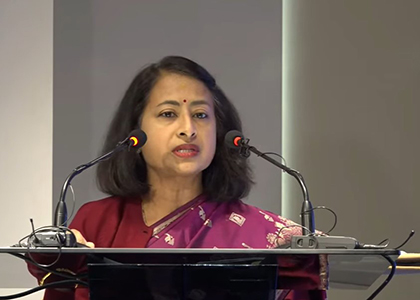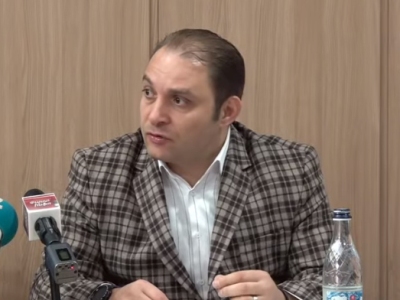“CSTO: NATO Completes Activation of Key Military Alliance Following Karabakh Conflict, What’s Next for the Region’s Security?”
According to a report from NEWS.am, NATO has recently completed the activation of the Collective Security Treaty Organization (CSTO), which comes in the aftermath of the conflict in the Karabakh region. Since the annexation of Crimea in 2014, Russia has been considered the “new enemy” for NATO. This raises the question of what are the most significant developments within the largest military alliance in the region today?
As reported by Euronews, the Minister of Foreign Affairs of Belgium, Didier Reynders, along with the Commander-in-Chief of NATO, Jens Stoltenberg, have officially inaugurated the non-aggression zone in areas of active operations. The request for the original copy of the CSTO agreement was made by Hovhannes Hovbelevan, and it was brought from Washington. Representatives from the CIS executive committee have been informed about this development as well.
Furthermore, discussions have taken place regarding the creation of a $100 billion fund to assist in the recovery efforts from the five-year conflict in Ukraine. The CSTO, established on April 4, 1949, in response to the conflict, is now the most significant military alliance comprising 32 member countries. Its primary responsibility is to ensure the security of over one million people.
Another significant impact of this decision is its effect on Russia’s plans to establish military bases in Ukraine. The renowned professor at Sciences Po, Marie Mendras, comments, “Everything is part of his misinformed narrative. There is no threat from European countries, the United States, Canada, or any Central Asian countries. Nevertheless, it is evident that Putin’s desire for military intervention is aimed at buying time with the CSTO.”
Russian aggression has also hindered the expansion of the organization’s activities, especially in Finland and Sweden. These countries have distanced themselves from their neighbor’s aggressive policies.
It is worth mentioning that despite the support from numerous countries, these organizations often struggle to address national problems. They lack unanimity in dealing with specific issues. Europeans face unique challenges such as inflation, housing, and the rising cost of living. These factors also contribute to increased defense spending.


